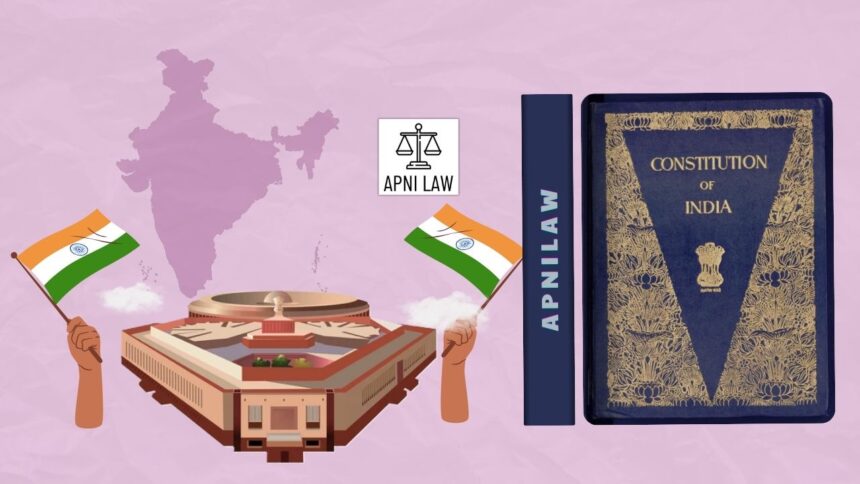Introduction
Article 350B of the Indian Constitution establishes the office of the Special Officer for Linguistic Minorities, also known as the Commissioner for Linguistic Minorities. This provision was introduced by the Seventh Constitutional Amendment Act, 1956, following the linguistic reorganisation of Indian states. The office ensures that the interests and rights of linguistic minorities are safeguarded within India’s federal structure.
Constitutional Provision
Article 350B(1) directs the President of India to appoint a Special Officer for Linguistic Minorities. Under Article 350B(2), the officer must investigate all matters related to constitutional safeguards. This is for linguistic minorities and submit periodic reports to the President. The President, in turn, lays these reports before both Houses of Parliament and sends copies to concerned state governments. This mechanism ensures transparency and accountability in protecting linguistic rights.
Duties and Functions
The Special Officer plays a crucial role in monitoring and enforcing the safeguards available to linguistic minorities under Articles 29, 30, 347, 350, and 350A of the Constitution. The officer examines the functioning of these provisions in schools, government offices, and other public institutions. They also investigate complaints regarding violations of linguistic rights and recommend remedial measures to both central and state governments.
The officer conducts field visits, reviews implementation of policies like the three-language formula, and evaluates administrative arrangements to support linguistic minorities. Their reports highlight challenges such as denial of education in the mother tongue, lack of bilingual staff, or administrative neglect in minority-dominated areas. These findings help governments refine policies to ensure inclusivity.
Structure and Independence
The Office of the Commissioner for Linguistic Minorities was officially established in 1957, with its headquarters located in Prayagraj (Allahabad), Uttar Pradesh. It functions under the Ministry of Minority Affairs and is supported by Deputy Commissioners, Assistant Commissioners, and other administrative personnel.
Although the recommendations made by the Special Officer are advisory rather than binding, they carry significant persuasive authority. Governments at both levels often rely on these reports to formulate or amend language-related policies. The Constitution does not specify the officer’s tenure, qualifications, or salary, leaving these aspects to be determined through executive decisions.
Features and Principles
Article 350B reinforces India’s commitment to linguistic diversity and cultural pluralism. It ensures that linguistic minorities are not marginalised in administrative, educational, or cultural domains. Importantly, there is no separate Special Officer for each state; instead, a single constitutional officer oversees linguistic minority rights across the nation.
This centralized structure allows for uniform monitoring and ensures that linguistic minorities, irrespective of region, have a consistent avenue for redressal. The provision embodies the spirit of equality and inclusivity enshrined in the Constitution.
Importance of the Office
The Special Officer serves as a constitutional watchdog for linguistic minorities. By investigating violations, assessing policy implementation, and making constructive recommendations, the office strengthens India’s federal democracy and social harmony. Its existence highlights the constitutional recognition of India’s multilingual identity, ensuring that governance remains sensitive to linguistic diversity.
Through regular reports, the officer helps bridge gaps between constitutional ideals and ground realities. These reports guide both Parliament and state legislatures in taking informed actions to protect minority language rights.
For any specific query call at +91 – 8569843472
Conclusion
In essence, Article 350B institutionalizes protection for linguistic minorities through the appointment of a dedicated constitutional officer. The Special Officer for Linguistic Minorities not only ensures compliance with constitutional safeguards but also promotes India’s vision of unity in diversity. This provision stands as a testament to the country’s inclusive governance model, guaranteeing that every linguistic group, regardless of size, has a voice in the democratic framework.








